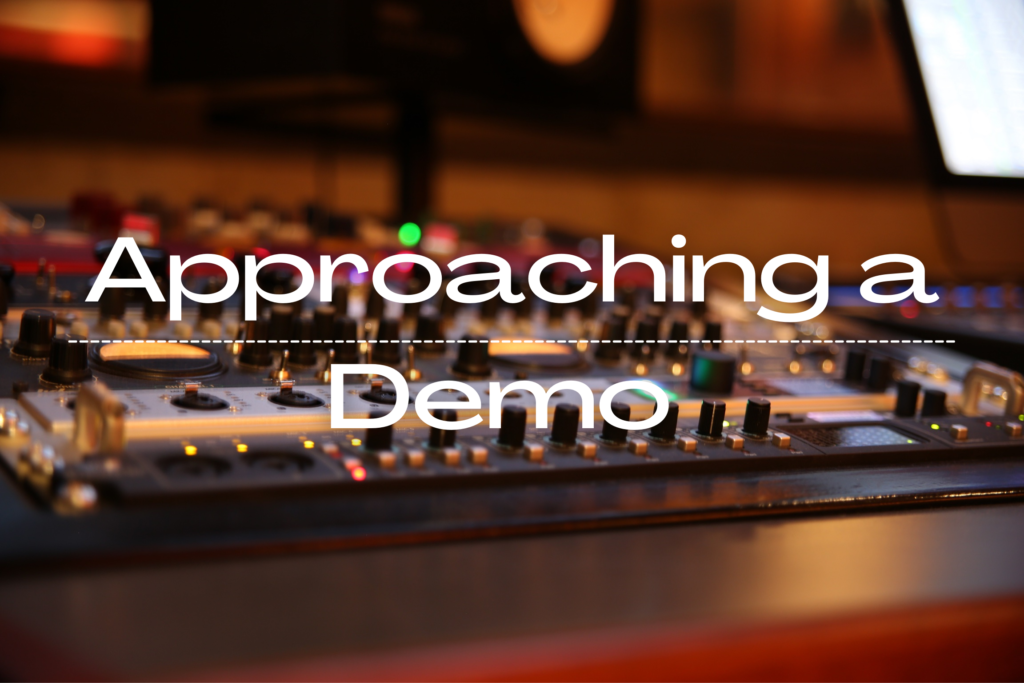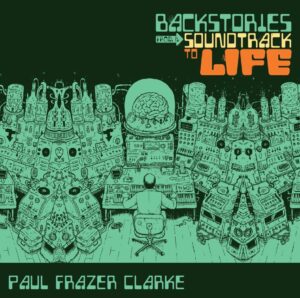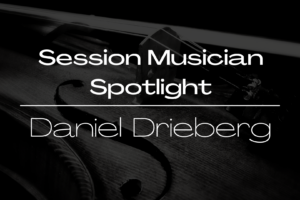Back in the day, the process of making a demo was a simple as recording vocals and an instrument on a tape machine, to then be sent off to labels in the hopes of being picked up. Unfortunately, with the shift to online, we can no longer rely on those old tactics to get our music heard. When approaching a demo, most artists struggle with the decision of whether to fork out the money for a professional product at a recording studio, or, to make a simple bedroom demo using a voice recorder on a phone.
To tackle this decision, one must recognise the reason why they are making the demo in the first place… We have identified the two most common reasons for making a demo recording as being either, to promote your music or band, or, to sell a song, whether that be to a publishing company, or to a sound engineer for further production etc.
If your intentions are to land a record deal, beware that the competition has become incredibly competitive and most demos don’t get the opportunity to be heard. Each day record labels are sent demos from aspiring musicians, most of which aren’t given any time or attention. In this respect, the best way to go about getting a labels attention is to build a fan base and have some proven success on your own.
If you are using your demo as a tool to get performance opportunities by sending it to venue promoters, or, are simply looking to piece together a demo of your next single to show producers, sound engineers or established artists, it’s of value to treat the demo as though it were a professional recording. By treating and investing in the demo as a professional recording, it allows you to make it the best you can without ‘overdoing it’. If the goal of the demo is to show other people your sound, then why not make it as true to the final product as possible? When using a demo as a tool to help sound engineers, producers, session musicians etc. the better the recording, the better idea they are going to get as to the direction of the sound from a recording perspective, rather than the style of the music. It also means that when you do go into the studio to eventually record the final product professionally, if recorded well, you can save money and time using the demo-ed tracks for the final mix, rather than having to do a whole re-record.
We have A LOT to say about demo-ing and will be getting around to it in our next articles – so stay tuned! For the mean time, remember your goal and consider investing in a professional product.
Have a look at the video below for more details.




